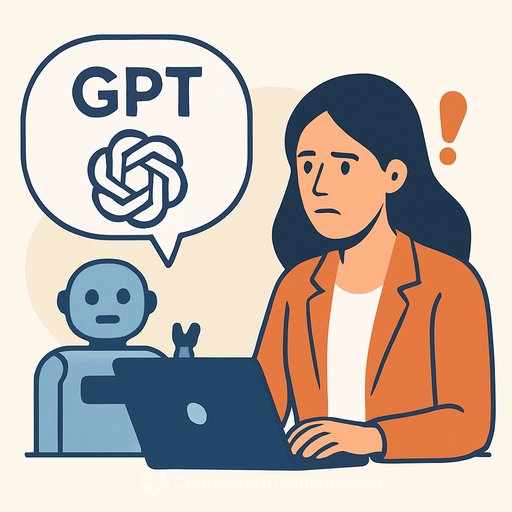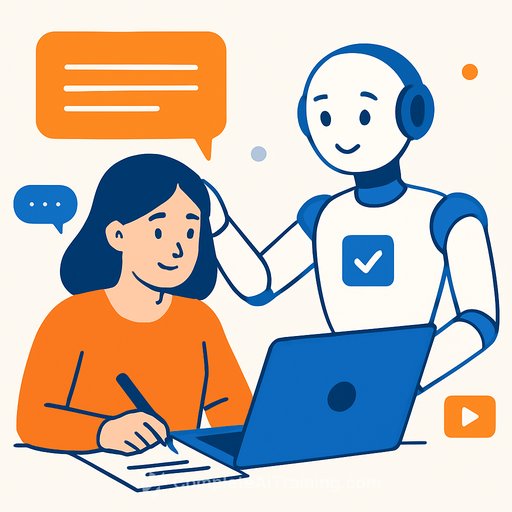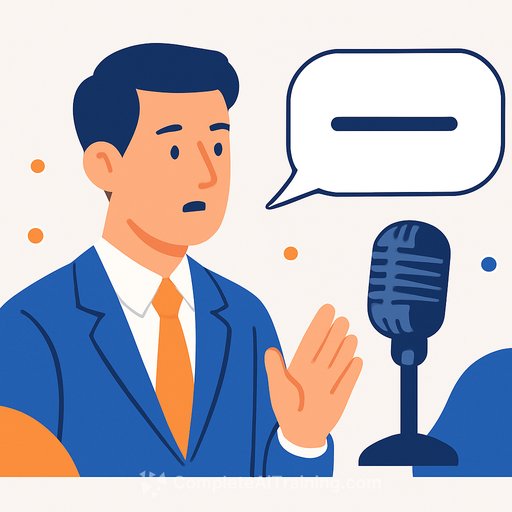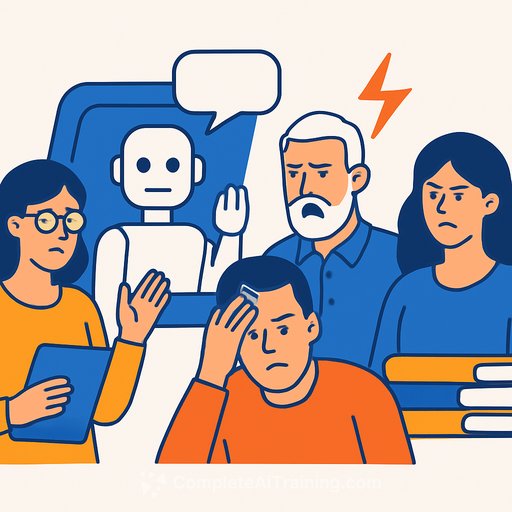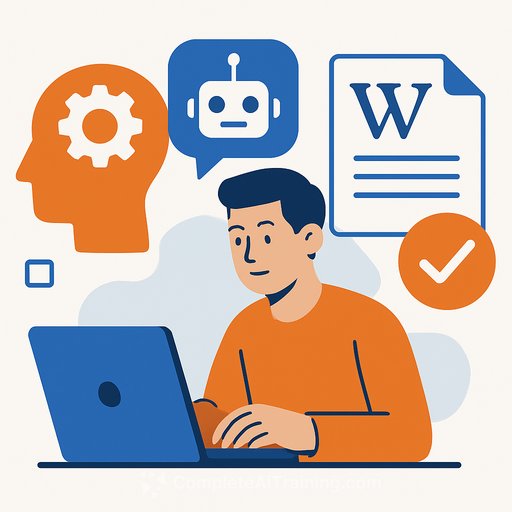Milagros Miceli Doesn't Use ChatGPT - What Writers Can Learn
"No, I don't use it. It's a bit of my conscious consumption... it has turned out very badly. It has destroyed their lives, and OpenAI has never compensated them... you feel like a betrayal."
That statement from Dr. Milagros Miceli - a computer scientist and sociologist who studies data work and AI - isn't a hot take. It's a line in the sand. For writers, her stance forces a simple question: are these tools helping your craft, or hollowing it out while shifting harm onto invisible workers?
The labor behind AI: what you don't see
Miceli argues that companies cut staff while bragging about "autonomy." In practice, systems still lean on people. She cites the cashier-free supermarket example: front-of-house roles disappear, then a quiet army monitors and corrects the system behind the scenes.
According to her, much of that work is routed to poorer countries under lower pay and weaker protections. Independent reporting has surfaced similar patterns in AI supply chains, including data labeling and content moderation. See reporting from Time on low-paid data work behind model training here. For Miceli's ongoing research, explore the DAIR Institute.
The creativity trade-off for writers
Miceli warns that heavy reliance on tools like ChatGPT dulls original thinking. If a model drafts, structures, and rewrites everything, your voice atrophies. Less skill, over time, means lower leverage - and lower pay.
She also flags the future of work trending toward roles that are "less interesting and more precarious." For writers, that looks like prompt-tweaking and template-filling rather than reporting, analysis, and voice-led storytelling.
Signals you're overusing AI
- Your drafts read clean but generic - clients say "good" yet never quote your lines.
- You skip interviews, research, or outlining because the tool "already did it."
- Your edits are surface-level; structure and argument go unchallenged.
- Revisions take longer because the piece has no clear thesis - just polished filler.
Practical guardrails for professional writers
- Create a personal policy: where AI is allowed (idea lists, admin), where it's not (thesis, core arguments, signature voice).
- Disclose tool use in proposals if a client cares about originality or confidentiality. Offer "human-only" deliverables at a premium.
- Keep a voice bank: 10-20 samples that capture tone, sentence rhythm, and rhetorical moves. Use it to benchmark any assistive output.
- Audit every draft for proof-of-work: what interviews, data, or lived insight did you add that a model cannot?
- Protect sources and clients: never paste sensitive material into public tools without written consent.
Where AI can help without erasing your edge
- Research triage: gather candidate sources, then you read and verify. No outsourcing of conclusions.
- Outline variants: use a tool to surface alternative structures; choose one and rewrite it in your voice.
- Counter-arguments: ask for the strongest objections to your thesis, then address them with your reasoning.
- Line editing at the end: clarity passes only, followed by a human ear read-through.
Anti-atrophy habits that keep your voice sharp
- Daily human-first pages: 300-500 words cold start, no prompts, no autocomplete.
- Weekly reporting block: one interview, one dataset, or one field observation that feeds your pieces.
- Constraint sprints: write an 800-word piece with a single metaphor thread, or in short staccato lines. Train style, not just speed.
- Swipe file curation: collect lines you wish you wrote; reverse-engineer how they work. Practice, don't imitate.
Ethics checklist before you adopt a tool
- Who labels the data? Where? What do they earn? Are there published labor standards?
- Does the vendor document data sources and allow opt-outs for training?
- What happens to your uploads? Retention, third-party access, model training usage?
- Can you run a local or private instance for sensitive work?
- Write these requirements into your contracts to protect clients and sources.
What Miceli's stance means for your business
Clients buy outcomes: clarity, insight, and a voice they can trust. Tools can assist, but they can't replace your judgment, taste, or lived context. If you keep those at the center, you'll stay competitive - and sleep at night.
If you do use AI, use it with intent. Keep your signature work human, verify facts, and make sure your process doesn't push harm downstream.
Further learning
- Miceli's research on non-exploitative AI: DAIR Institute
- Tool scouting (if you choose to integrate responsibly): Complete AI Training's tools for copywriting
Your membership also unlocks:

